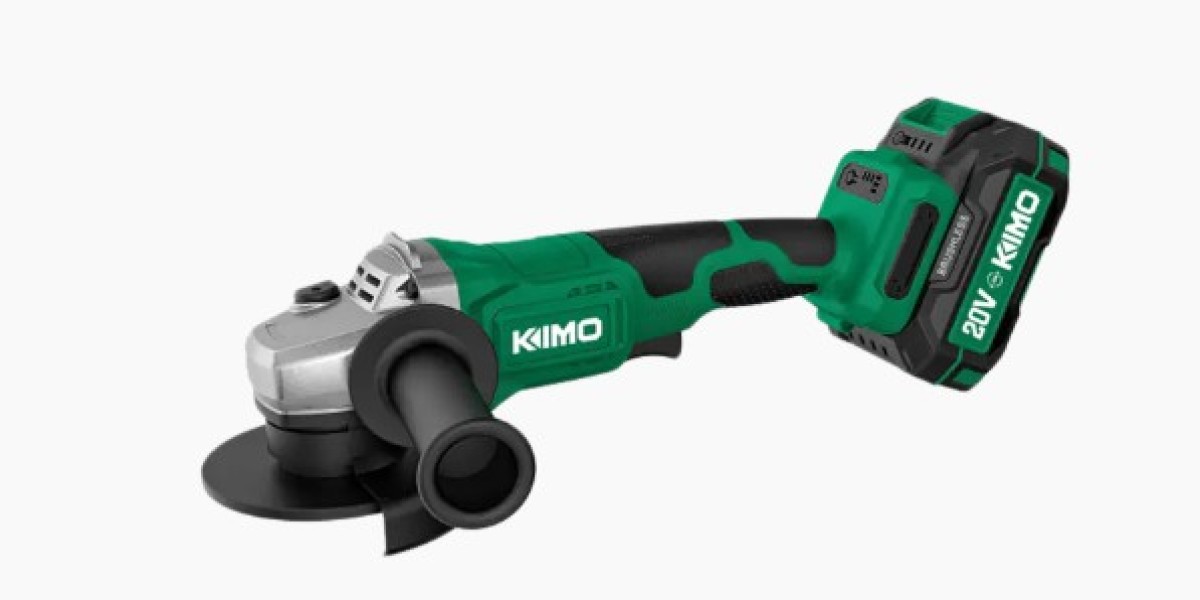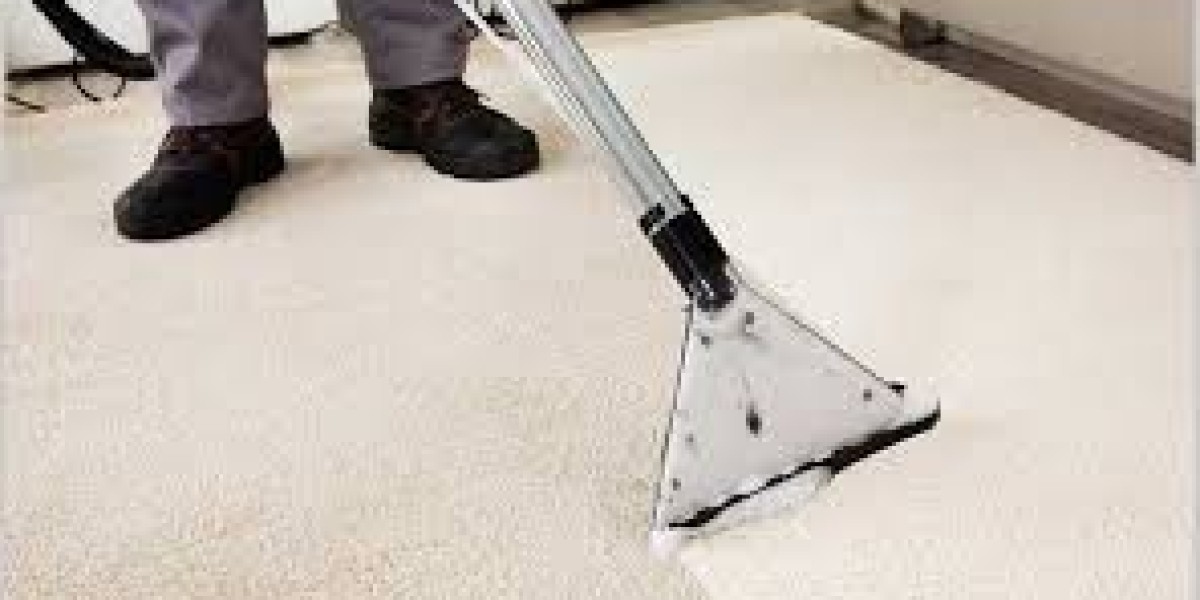A lithium-ion screwdriver is a compact and convenient power tool designed to simplify fastening and unfastening tasks. Unlike traditional manual screwdrivers, this type of tool is powered by a rechargeable lithium-ion battery, offering users the ability to complete tasks more efficiently with less physical effort. Whether used for home improvement, furniture assembly, or light industrial work, the lithium-ion screwdriver has become a popular choice for both professionals and DIY enthusiasts.
One of the main advantages of a lithium-ion screwdriver is its portability. The lithium-ion battery allows the tool to operate without being connected to a power outlet, making it useful for jobs in various locations, including areas without direct access to electricity. The lightweight nature of these batteries also contributes to the overall ease of use, allowing for longer periods of work without significant hand fatigue.
Another benefit of the lithium-ion screwdriver is its fast charging and long battery life. Lithium-ion batteries generally have a higher energy density compared to other types of rechargeable batteries, which means they can hold more charge and recharge more quickly. This reduces downtime between tasks and improves workflow, especially when handling multiple projects in a day.
The design of a lithium-ion screwdriver is typically user-friendly. Most models come with ergonomic grips, variable speed settings, and forward/reverse switches for added control. Some versions also include built-in LED lights to improve visibility in low-light conditions. These features contribute to the comfort and efficiency of the user, particularly when working in tight or awkward spaces.
A lithium-ion screwdriver is also known for its low maintenance. Unlike tools with corded motors or fuel-powered engines, it does not require oil changes or regular mechanical adjustments. This simplicity is one reason it is commonly found in household tool kits, where ease of use and reliability are important.
In terms of applications, the lithium-ion screwdriver is suited for light to moderate tasks. It is often used for assembling furniture, installing shelves, tightening cabinet hardware, and performing basic repairs. While it may not replace heavier-duty drills for high-torque jobs, it is an effective tool for everyday tasks that involve driving or removing screws.
When purchasing a lithium-ion screwdriver, several features should be considered. Battery capacity, typically measured in amp-hours (Ah), will affect how long the tool can operate between charges. Interchangeable bits and adjustable torque settings are also useful for handling different screw types and materials. Some models come with carrying cases or extra batteries, which can be convenient for mobile work or extended use.
Durability is another important factor. A well-built lithium-ion screwdriver should withstand occasional drops or bumps during use. While not all models are designed for heavy-duty construction environments, many offer sturdy casings and protective features that enhance longevity.
Storage and care for a lithium-ion screwdriver are fairly simple. It should be stored in a dry environment, and the battery should be recharged periodically to maintain health, especially if the tool is not used regularly. Avoiding overcharging and storing the tool at moderate temperatures can also help extend the battery's lifespan.
A lithium-ion screwdriver is a practical and efficient solution for a variety of fastening needs. Its cordless design, rechargeable battery, and user-friendly features make it a valuable addition to tool collections at home or on the job. By understanding its features and limitations, users can get reliable performance from this versatile power tool in many everyday situations.







